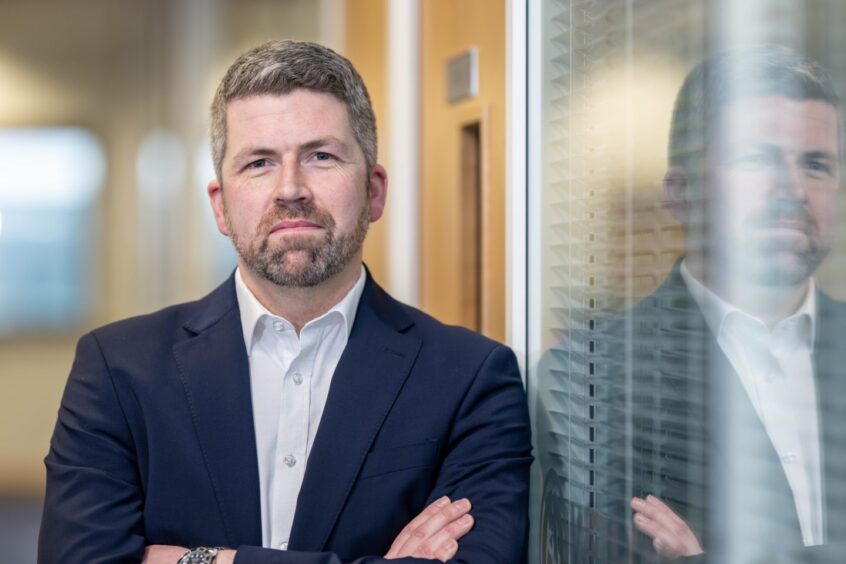
The incoming chief commercial officer of Well-Safe Solutions is aiming to double the firm’s rig count by 2030, alongside further international growth.
The Aberdeen-headquartered well decommissioning specialists have tapped Christopher Hay for the role in the latest expansion of the company’s leadership team.
Mr Hay comes into the role after joining Well-Safe in 2021, and previously worked as the company’s director of strategy and commercial.
With 12 years of experience in the decommissioning sector, prior to joining Well-Safe Mr Hay’s career included roles at Maersk Drilling, Weatherford, Offshore Installation Services and Technip.
Now, after a significant year in 2023, which saw Well-Safe expand into Australia with a new Asia-Pacific hub in Perth, Mr Hay told Energy Voice the firm is still looking to grow.
“The North Sea is our core market as it stands right now, and I think it will be for quite some time given the maturity of the basin and the amount of work that there is to be done,” he said.
“But really from my perspective, it’s about growing that offering to new markets.”
While Well-Safe remains focused on delivering work for clients in the North Sea, Mr Hay said the windfall tax is having an impact on the timeline of its work in the region.
Well-Safe looking to build Asia Pacific hub
Mr Hay said Well-Safe wants to build on the engineering work being done from its Australia base to eventually deliver operational work in the region.
“Part of the strategy behind opening up Perth is it’s part of a wider Asia Pacific region,” he said.
“We see that as an opportunity to hopefully expand our offering into Malaysia, Thailand and other markets in Southeast Asia.
“We’re already starting to have some traction, with some engineering work and potentially some operational opportunities as well.”
Further afield, Mr Hay said Well-Safe is looking at Brazil and Africa as other key markets where the company sees opportunities for expansion.
“Brazil and Africa [are] where we see large scale well-decommissioning projects now starting to be in early stage planning and moving towards operational execution,” he said.
“So we really need to be planning for that so that we can take advantage of that growth when it starts to materialise in the coming years.
“Those are the kinds of markets that we’re now pursuing.”
Well-Safe looking to add rigs
In addition to its Australasia focus, Well-Safe also recently signed a global decommissioning agreement with BP, lasting until at least 2026, and a multi-year deal with Apache covering wells in the North Sea.
Mr Hay said these wider agreements with operators form a key part Well-Safe’s growth strategy, alongside its ambitions to add more assets to its current fleet.
Well-Safe currently operates three specialised decommissioning rigs, including the Defender, the Guardian, and the Protector, and Mr Hay said he will be looking to “try and double that within the next five years”.
“We want to have more tools in the toolbox,” he said.
“We’re looking to expand in that fleet at the moment with the right assets in the right locations and looking to have more solutions, essentially, that we can offer to our clients in the coming years.”
Specialised decommissioning rigs
Mr Hay said bringing on additional assets will allow Well-Safe to deliver on the engineering work being done for clients in key markets.
“We’re solutions based, and having assets to deliver those solutions is important,” he said.
“We’re doing a number of engineering studies work for clients in Australia and Thailand and other clients globally.
“But we want to move that into actually executing these projects with our own assets, and also with third-party assets where that is the right solution.”
Mr Hay said Well-Safe is looking at several rig options which the company can reconfigure into specialised decommissioning assets.
“Because unlike other companies, we are looking to deploy these assets not only for decommissioning and energy transition projects,” he said.
“We will not put the assets to drill or do any barrel adding work.
“So for us, it’s important to identify the right assets for that purpose and make them modified and really as suitable as they can be for for those type of operations.”
CCUS and energy transition
Alongside doubling the number of its assets, Mr Hay said Well-Safe is targeting a proportionate increase in its headcount, which currently stands at around 400.
Bringing on additional rigs will allow Well-Safe to expand its global reach and ability to deliver energy transition projects, including within the carbon capture, utilisation and storage sector, Mr Hay said.
“We’re [currently] at the early cusp of the study work that we’re doing on CCUS, but we want to move that towards delivering these projects from engineering through to execution,” he said.
Repurposing of wells for CCUS is already forming a significant part of the work Well-Safe is doing globally, Mr Hay said.
In total, the company has already reviewed more than 135 legacy wells for their CCUS potential worldwide, and that number continues to grow.
In addition to CCUS, Well-Safe is also at the early stage of exploring expansion into the onshore well decommissioning market in mainland Europe, as well as geothermal energy projects.
North Sea windfall tax
For now though, Mr Hay said North Sea well plugging and abandonment continues to be Well-Safe’s “core market”.
However, he said continuing uncertainty surrounding the UK government’s Energy Profits Levy (EPL) windfall tax is having an impact on decommissioning projects.
“There’s a bit of uncertainty around the North Sea at the moment with the EPL and the political rhetoric around that,” he said.
“But ultimately, that work is still there.
“There have been a number of deferrals and projects kind of being pushed to the right, but there are a large number of wells in the North Sea still to be well-decommissioned and so we do see there’s opportunities for assets.”
Australia has ‘greater certainty’ for rigs
Mr Hay contrasted the operating environment in the North Sea with that of Australia, which has a “greater level of certainty of projects in terms of their timeline”.
In Australia there is also an “understanding that assets are extremely important” in terms of their availability for work, he said.
Mr Hay pointed to the recent movement rigs from the UK and Norway to Australia, which previously would have been “unheard of” in the past.
As a result, he said Well-Safe expects a continuing tightening of rig availability in the North Sea.
“If there was a higher degree of certainty that projects were going to go ahead and be committed to then you don’t have as much desire to look elsewhere for opportunities to deploy your assets and your people,” he said.
“We have to make sure that we are focusing on every area where we can deploy our assets.
“And I think in general, the rig market is becoming more of a global market now.”
Compounding the problem is the lack of newbuild rigs coming onto the market, Mr Hay said.
“You’ve got this effect of no new builds or other legacy assets being retired, and therefore restricted supply of units with opportunities here and also globally,” he said.
“It’s a concern from a security and supply perspective for sure.
“If you look at semi submersibles, the UK North Sea is at its lowest level of supply of semis, I think ever in history.
“I suspect there will be more rigs to leave and supply and demand will get tighter unfortunately, from an industry perspective.”
Not all ‘doom and gloom’
But despite the current challenges, Mr Hay said Well-Safe still sees plenty of opportunity in the North Sea.
“I’m not going to paint an ‘all doom and gloom’ picture, there are a number of opportunities and tenders that we’re working on and some strategic partnerships or relationships with clients who are looking to add work on the back of current projects,” he said.
“It’s just some of these projects that are planning for 2025 and 2026, it’s uncertain whether they will go ahead.
“We’re still pursuing a number of opportunities in the UK. But, we’re really doubling down on our international focus and understanding what opportunities are out there.”
Ultimately, Mr Hay said Well-Safe wants to “keep our assets and our people busy”.
“I think we would just love to have our rigs working constantly in the North Sea, and that might be the case, but I think that the uncertainty isn’t helping at the moment,” he said.
Recommended for you


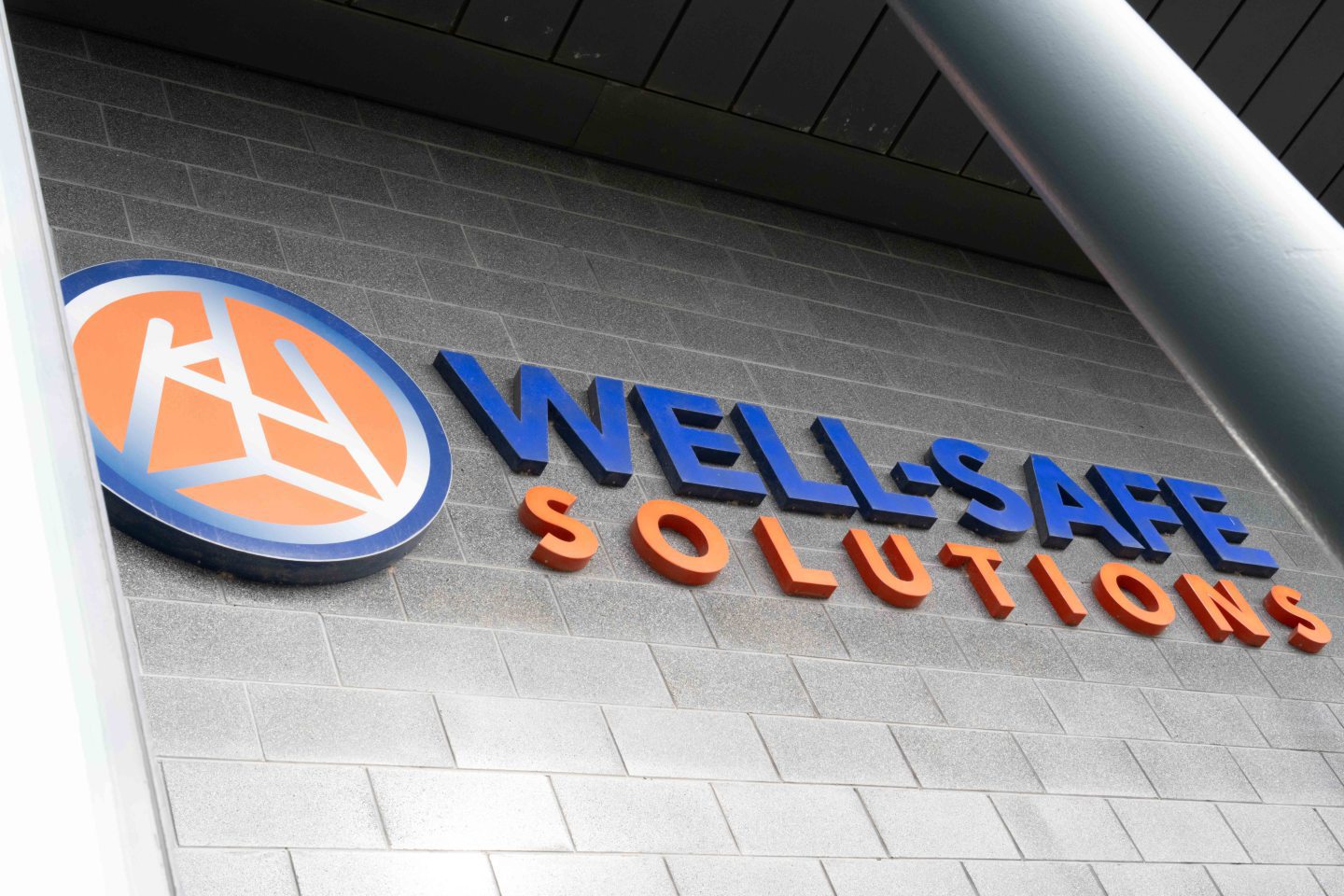 © Supplied by Well-Safe Solutions
© Supplied by Well-Safe Solutions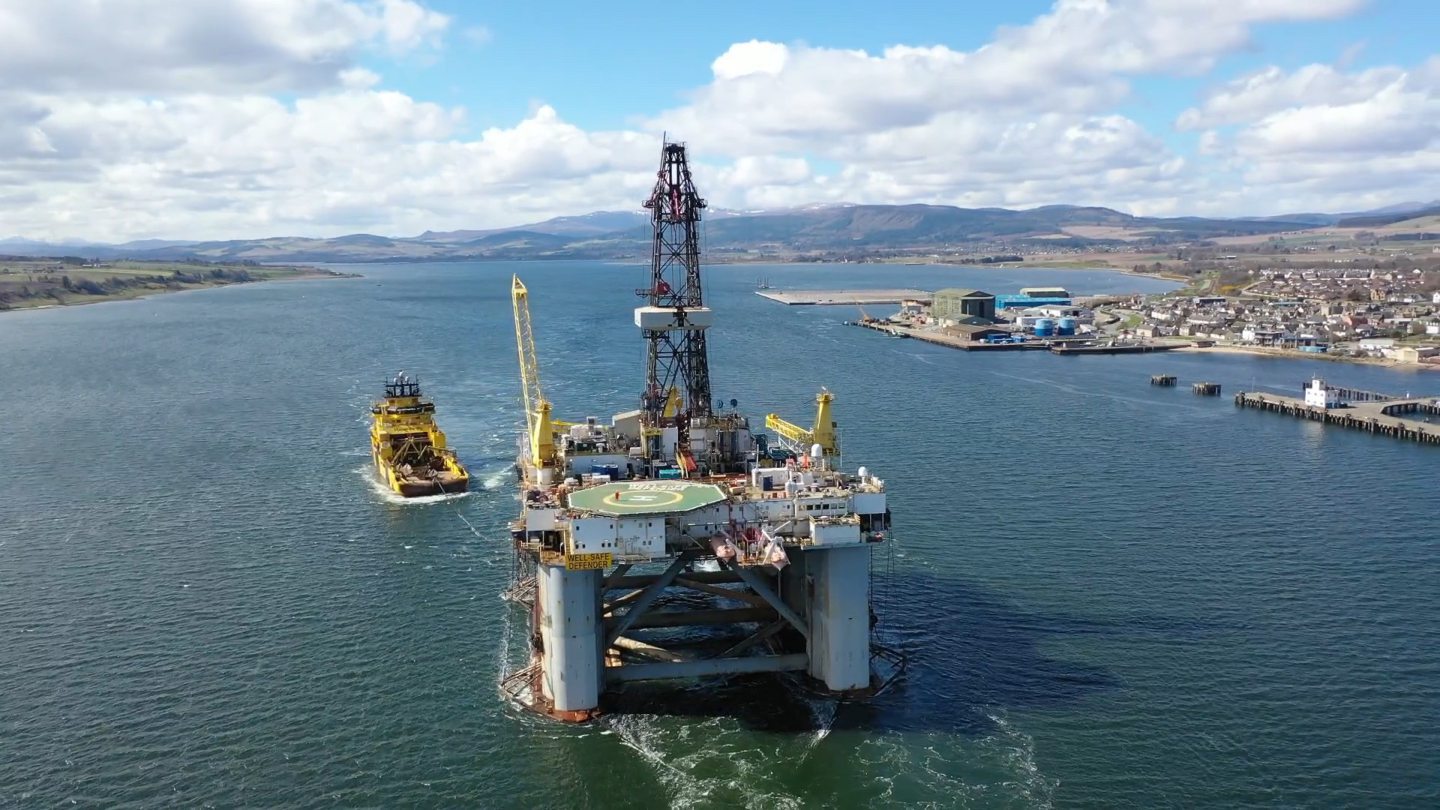 © Supplied by Morrison Media
© Supplied by Morrison Media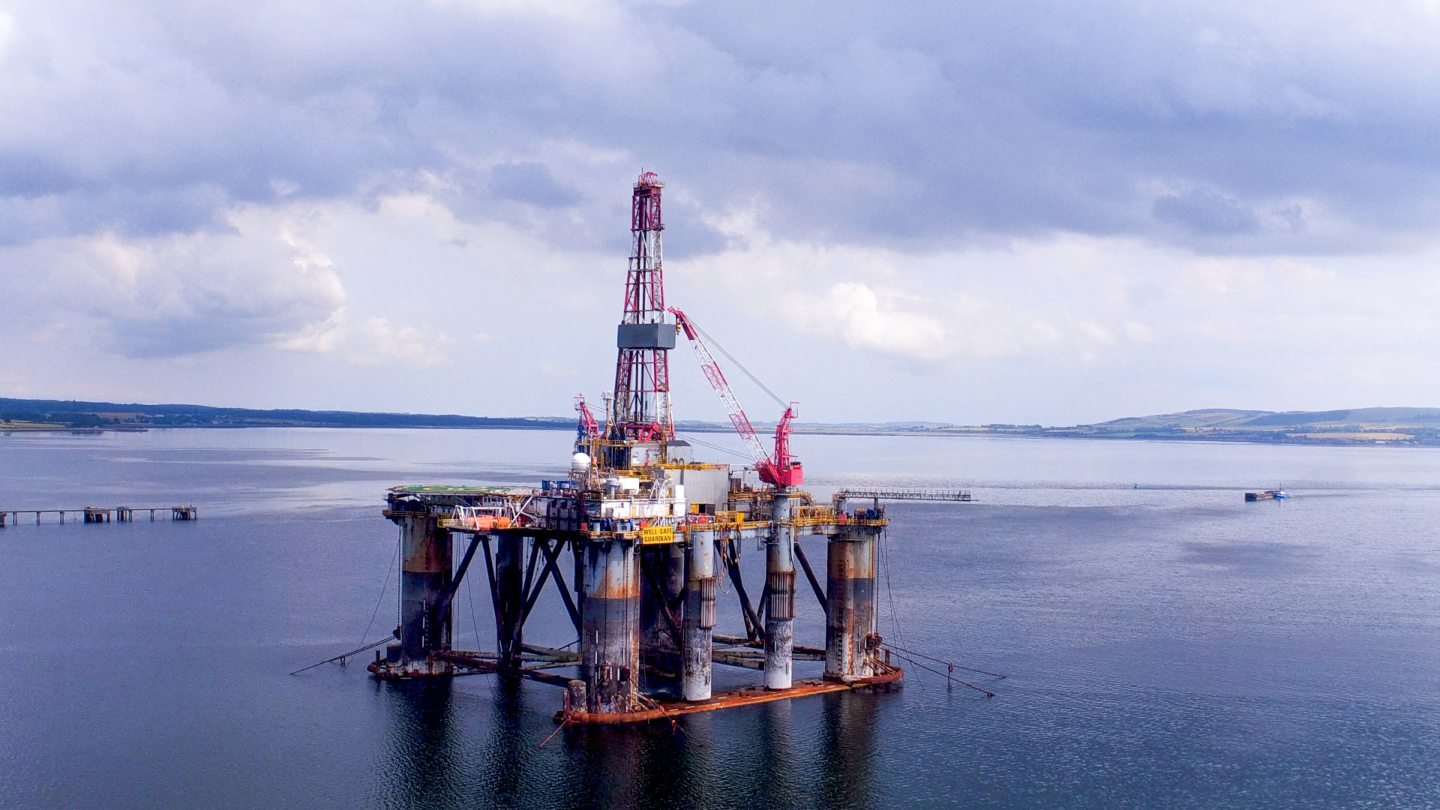 © Well-Safe
© Well-Safe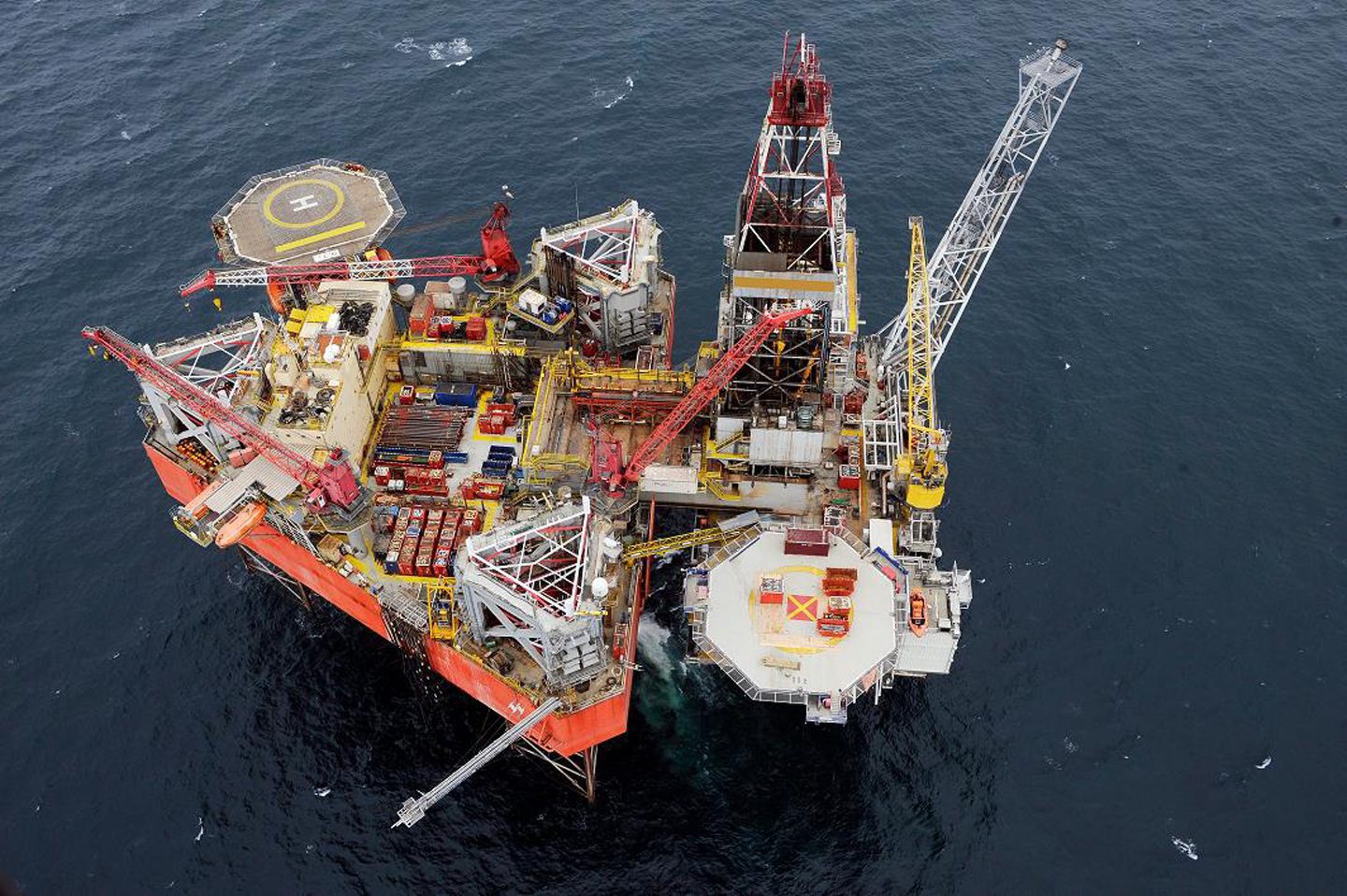 © Supplied by Well-Safe Solutions
© Supplied by Well-Safe Solutions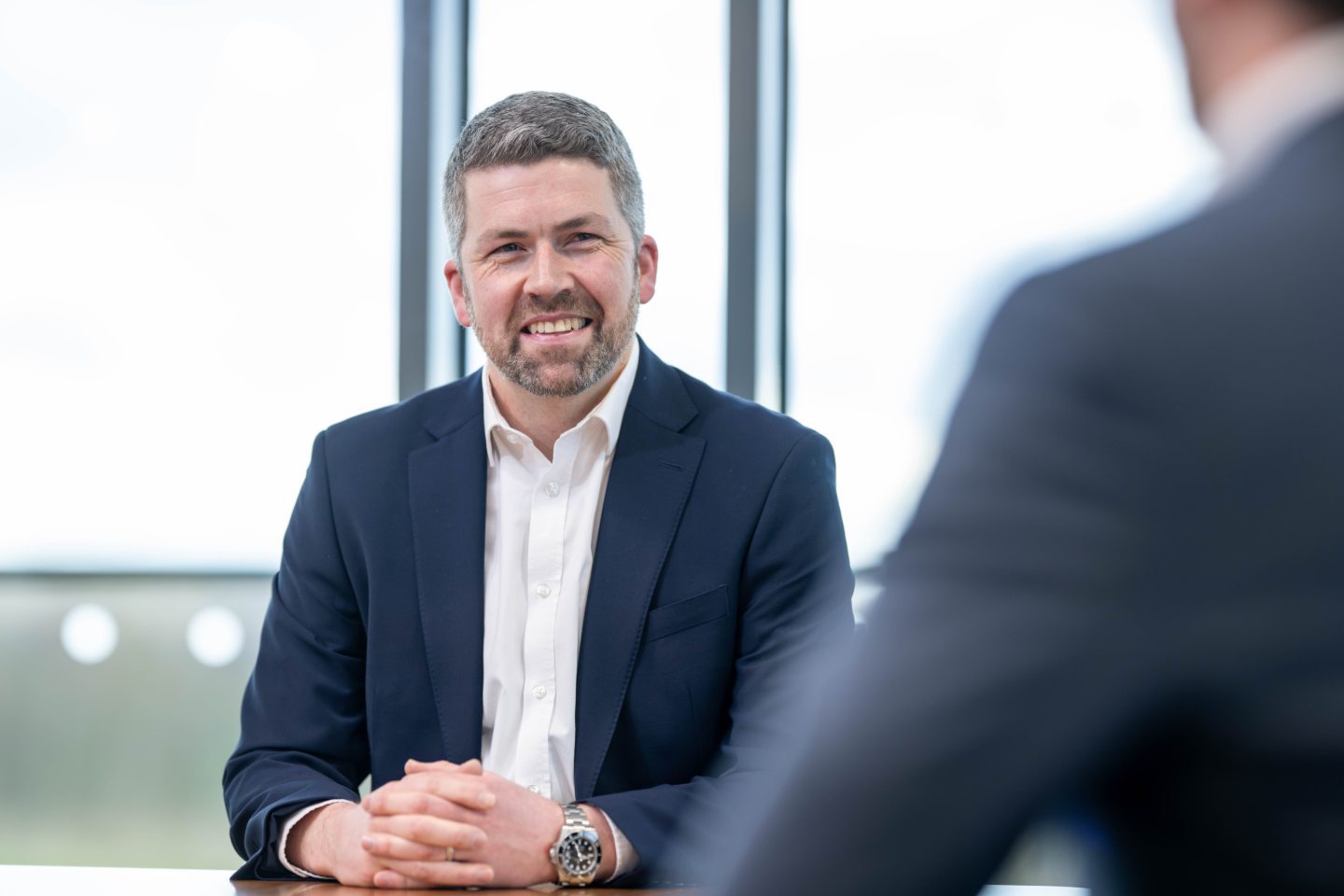 © Supplied by Well-Safe Solutions
© Supplied by Well-Safe Solutions © Supplied by Well-Safe
© Supplied by Well-Safe